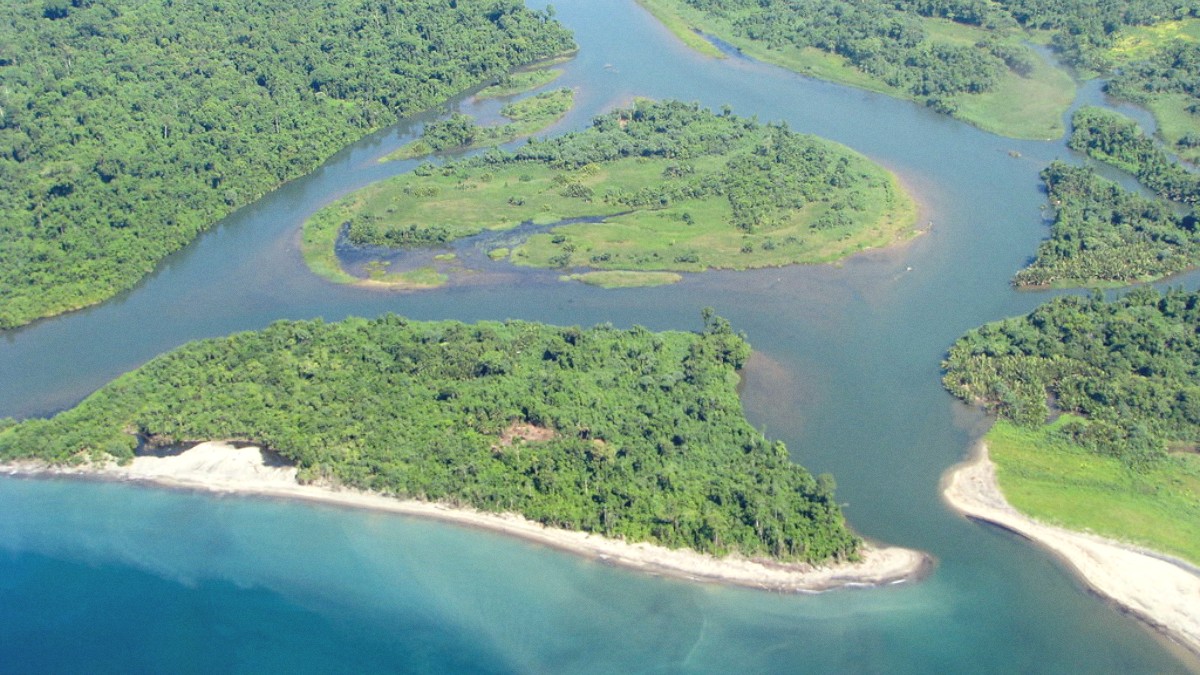
Island Provinces, Papua New Guinea
Kimbe Bay is a global hotspot for marine biodiversity. Significant conservation efforts occur, mainly by Walindi Plantation Resort's Mahonia Na Dari Research & Conservation Centre.
Waste management infrastructure remains basic across New Britain. Recycling practices are not widespread. Minimize your waste by bringing reusable items and disposing of waste thoughtfully.
Freshwater resources experience strain, specifically during dry periods. Be mindful of your water usage, especially in accommodations. Shorten showers and turn off taps.
Choose options that contribute positively to New Britain's natural environment and communities.
Travelers consider purchasing carbon offsets for flights through reputable third-party organizations.
Seek out resorts and operators that demonstrate a commitment to environmental conservation.
Choose gear from companies committed to environmental responsibility.
Help minimize your waste by bringing reusable items to New Britain.
Many local communities actively work to preserve their traditions, dances, and languages. Supporting ethical cultural tours directly aids these preservation efforts. Such tours often generate income for cultural practices.
Explore Ethical ToursAlways ask for permission before taking photos of people. Dress modestly, especially in villages or religious sites. Maintain patience and politeness in your interactions. A few Tok Pisin phrases demonstrate respect and bridge communication gaps.
Support ConservationChoose tour operators committed to sustainable practices. Inquire about their environmental policies and how they support local communities.
Your travel choices benefit local communities directly and ethically.
Support initiatives that directly benefit local communities. This approach ensures that income from tourism reaches the people whose land, culture, or services you experience.
Buy handicrafts directly from artisans at markets or from reputable small shops that support local producers. Avoid haggling excessively for handicrafts; respect the value of the work and the effort involved in its creation.
Stay at locally owned guesthouses, eat at local eateries, and hire local guides. This practice circulates your money within the local economy.
Be wary of tours that exploit cultural practices or wildlife. Do not buy products made from endangered species or protected marine life.
If you wish to donate, do so through established local charities or community projects rather than giving cash directly to individuals.
Donations through established local charities.
Support specific, verifiable community projects.
Direct cash giving can foster dependency and unintended negative consequences.